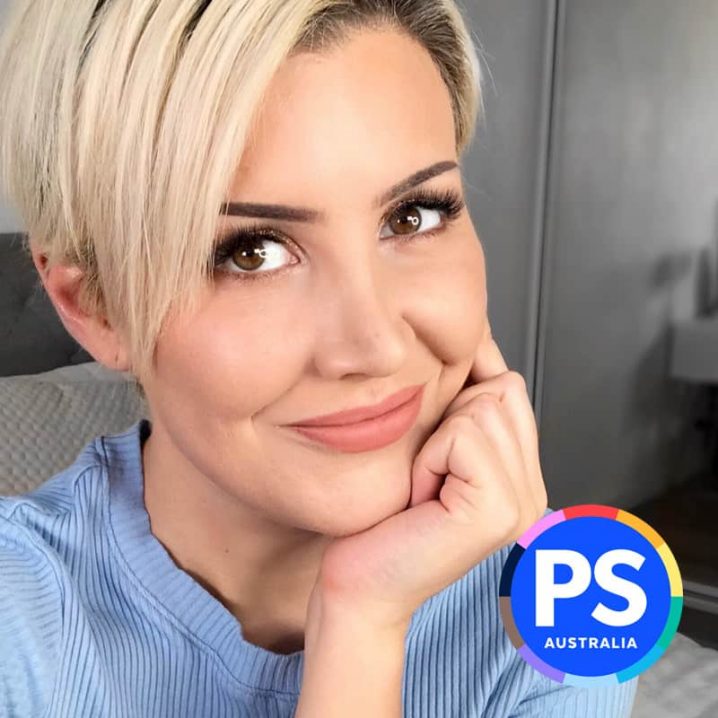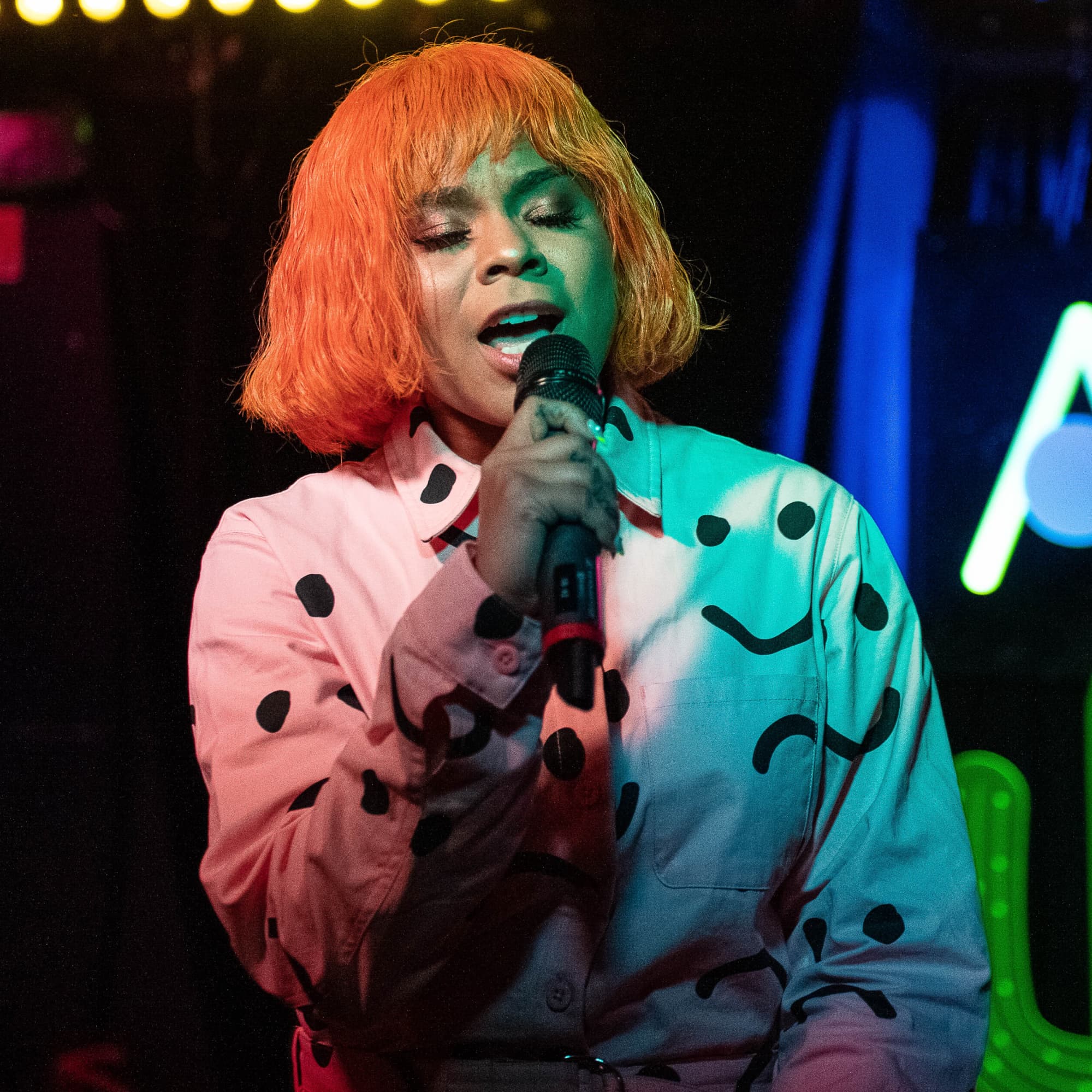
- POPSUGAR Australia
- Living
- Nadia Bokody: I Thought I Was Straight… Until a Switch Flicked on in My Mind
Nadia Bokody: I Thought I Was Straight… Until a Switch Flicked on in My Mind

For the fifth year in a row, POPSUGAR is dedicating the month of June to recognising LGBTQIA+ voices, having honest conversations about sexuality and gender, and honouring individuality, through personal essays and allyship guidance. A roster of contributors along with the POPSUGAR team are sharing these stories throughout the month, so be sure to find all our pieces here.
There are some things you can’t unsee. A bad outfit, walking in on your parents doing the deed, watching a loved one pass away. For me, it was compulsory heterosexuality.
Once the switch had been flicked on in my mind, it brought the world into full focus. And try as I might to look away, it was no longer possible to ignore the inconvenient truth. Which was that, after spending a decade building a career writing about having sex with men, I was gay.
Just six months ago, I would have told you it was unfathomable that men wouldn’t factor into my sexuality. I’d just accepted my attraction to women, and had publicly come out as bisexual. I had a long-term boyfriend I loved and a history of heterosexual relationships to confirm just how into guys I was.
I’d been “boy crazy” in high school and had a rotation of men I called upon during my early thirties for no-strings-attached intimacy. And I’d documented it all to viral success in my weekly sex column. But behind the theatrical tales of one-night-stands and hilarious dating stories was a very different reality – one involving stints in psychiatric facilities and self-harm.
No amount of casual hook-ups or loving commitments from men could fill the void. It felt as though I was living life underwater; screaming futilely into a murky silence, unable to process the colour and detail around me. Then, by chance, I stumbled upon a video featuring a gay woman talking about a concept called “compulsory heterosexuality,” and everything started to take shape.
We’re all familiar with the construct of heterosexuality; it’s being exclusively attracted to people of the opposite gender. Compulsory heterosexuality is essentially a form of social conditioning that treats being straight as a default setting and programs us to ignore any feelings that conflict with that.
If you grew up being read stories about princesses being rescued from castles by knights in shining armour, and riding off into the sunset with men in carriages, then you’ve experienced compulsory heterosexuality. If adults routinely talked about how you’d one day marry a man and start a family with him, that too, was compulsory heterosexuality. And if you were surrounded by media that told you life began when a boy asked you to the school dance, you guessed it – compulsory heterosexuality.
Women are particularly vulnerable to heteronormative pressure in a culture that only assigns us value once we’re partnered with a man. We’re taught to view sex as a kind of ‘service’ we provide for male partners in exchange for commitment, too, which leads many of us to accept deeply unfulfilling physical intimacy as part of womanhood.
We grow up on staple diets of magazine articles on how to ‘Keep Him Happy In the Sack’ and Disney movies that depict marrying a man as aspirational rather than optional. The water runs so far and deep, it’s easy to forget you’re wading through them at all.
By my thirties, I was so submerged in compulsory heterosexuality, my queerness couldn’t come up for air. Embracing my identity as a lesbian at 36 felt a little like finally being able to swim to shore. I could see the world around me in vibrant definition for the first time, and I never wanted to look back.
Thankfully, things are changing today. Representation of queer voices, queer sex and love is trickling into mainstream culture, and so too are conversations about the complexity and fluidity of sexuality.
That matters, because we can’t be what we can’t see. And sometimes we also need to unsee what we thought we knew in order to take in the colour around us.
Follow Nadia Bokody on Instagram and YouTube for more sex, relationship and mental health content.
If you or anyone you know is struggling and needs support, call Kids Helpline on 1800 55 1800 or Lifeline on 13 11 14, both of which provide trained counsellors you can talk with 24/7. You can also speak with someone confidentially at Headspace by calling 1800 650 890 or chat online here.


